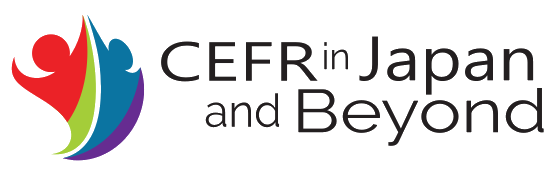Volume5
Title: Teachers’ insights on self-assessment of multilingual students according to the CEFR
Page: 80-103
Author(s): Thomais Rousoulioti (Aristotle University of Thessaloniki), Antonios Ventouris (Aristotle University of Thessaloniki), Olympia Blatsioti (Ministry of Education, Religious Affairs and Sports, Greece), Dimitra Tsalta (University of Nicosia)
DOI: https://doi.org/10.37546/JALTSIG.CEFR6-5
Abstract:
Assessment issues are particularly sensitive, complex and demanding when they involve a second language (L2) and multilingual students who attend national schools (Ross 2006). The modern student-centered pedagogical orientation combined with the ever-increasing needs for more authentic, equitable, individualized and differentiated assessment has led to the implementation of alternative practices, including self-assessment (Andrews 2016; Butler and Lee 2010). During self-assessment students are encouraged to express their opinion on their own work and to judge the extent to which it meets predetermined goals and criteria (Panadero et al. 2016: 2). This paper presents teacher beliefs on the implementation of self-assessment in the teaching Greek as L2 in Experimental Intercultural public schools. The participants were 124 teachers who answered an e-questionnaire, while 12 of them were also interviewed. The results revealed that most teachers develop a positive attitude towards self-assessment recognizing its multiple benefits. As was also reported in previous research (e.g., Oscarson 1989; Gardner 2000), self-assessment supports the contemporary student-centered pedagogical orientation and autonomous learning while it also enhances student performance, motivation, and metacognitive skills. However, teachers continue to question their own and the student’s readiness to adopt it, a finding also attested in the literature (Figueras et al. 2009).
Keywords: alternative assessment, self-assessment, second/foreign language, teacher believes, L2 Greek
* * * * * *

